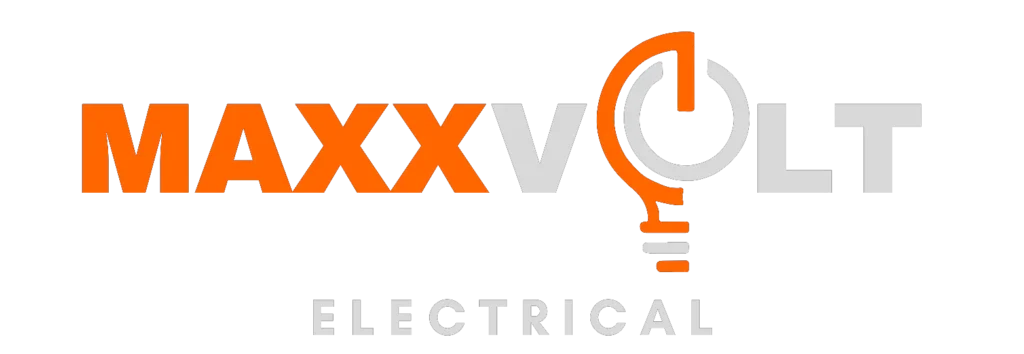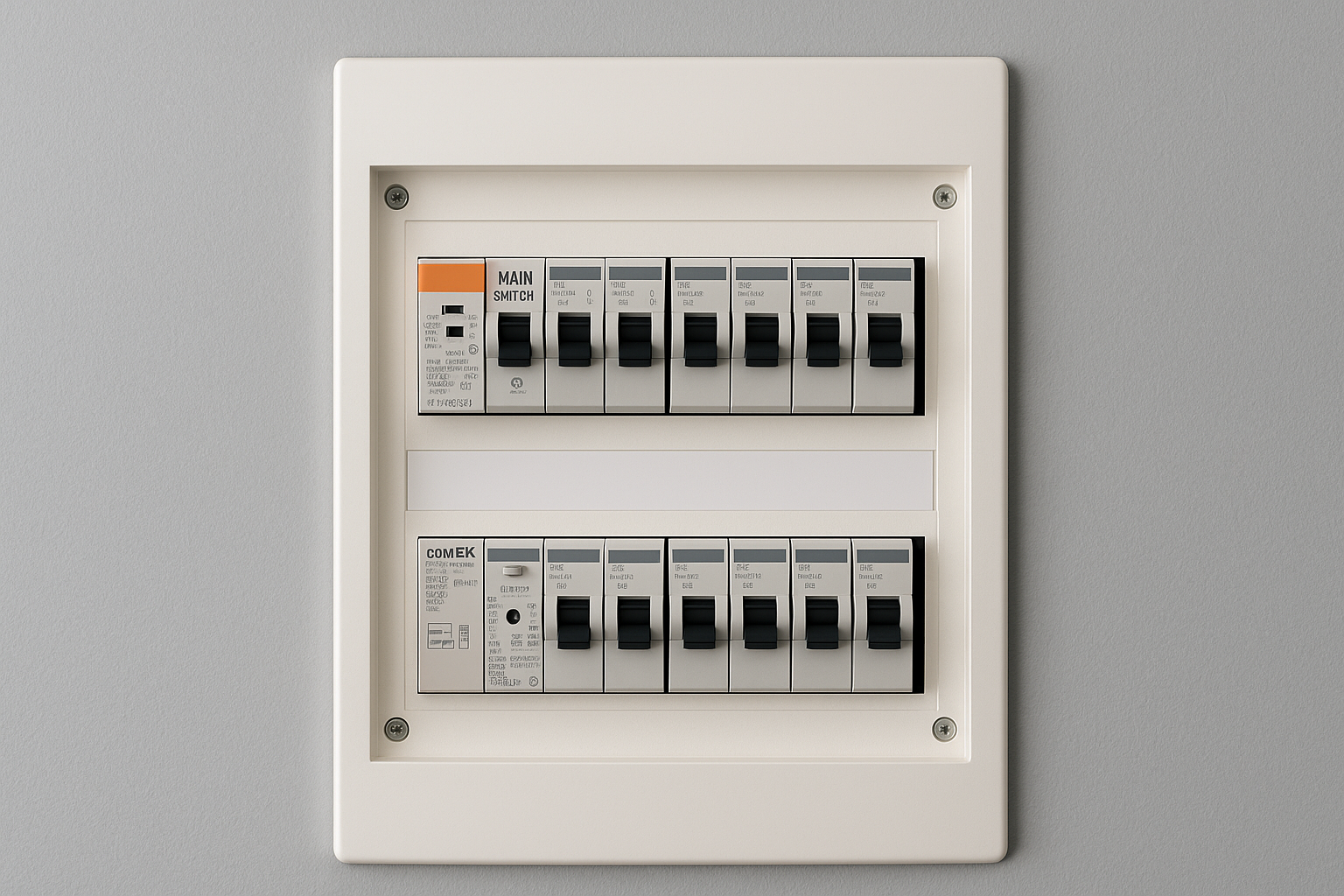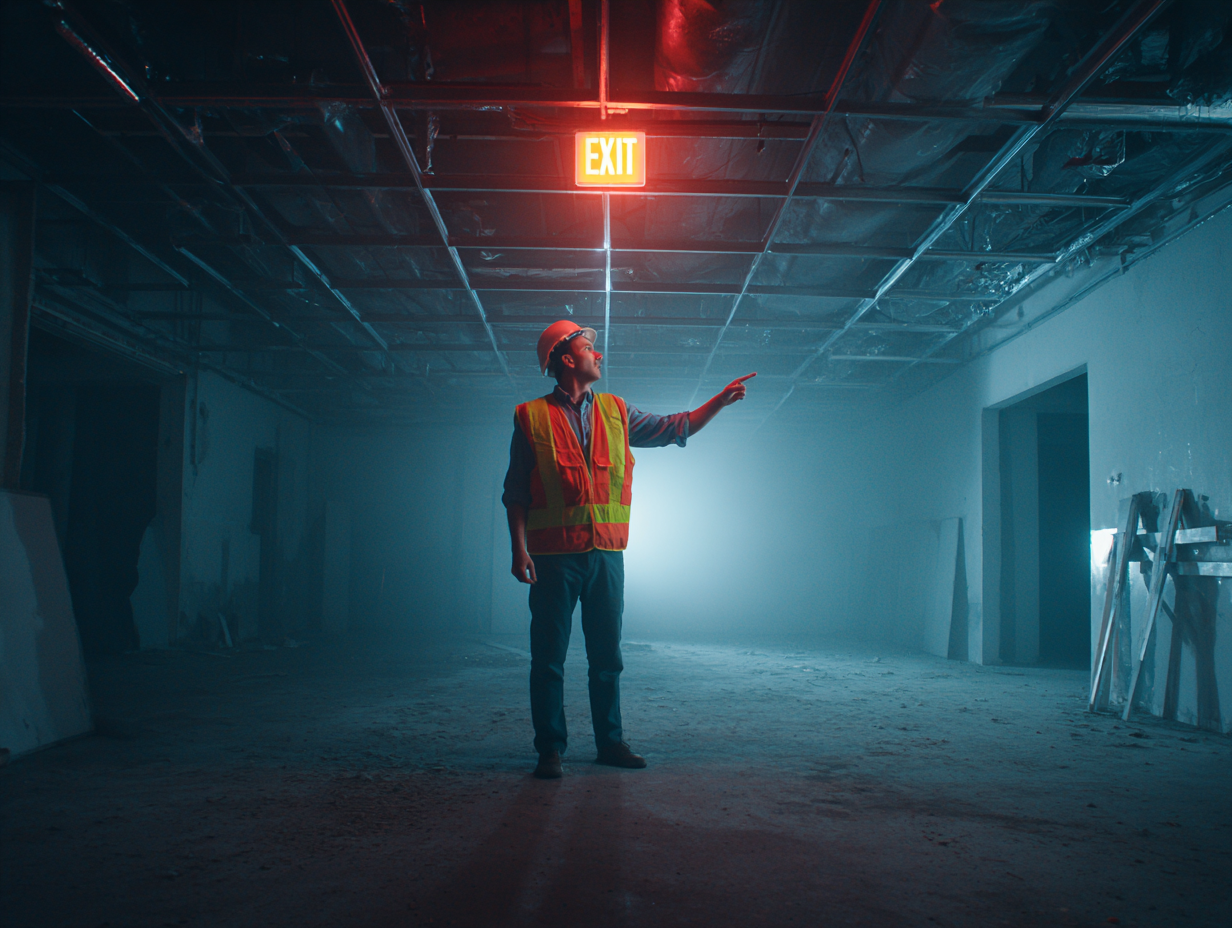If you’re buying, selling, renting or renovating a property in NSW, you’ve probably come across the term “electrical safety certificate.” But are they actually mandatory? And if so, in what situations?
Let’s break down everything you need to know about electrical safety certificates in plain English — no legal jargon, just clear answers.
What Is an Electrical Safety Certificate?
An electrical safety certificate is a document issued by a licensed electrician after completing certain types of electrical work. It confirms that the work complies with Australian safety standards and is safe to use.
This certificate might also be called a Certificate of Compliance for Electrical Work (CCEW) in New South Wales.
When Is an Electrical Safety Certificate Required?
1. After Any Electrical Installation or Major Repair
If you’ve had new wiring, a switchboard upgrade, power points installed, or even a light fixture replaced, your electrician should issue a certificate. It’s a legal requirement in NSW under the Gas and Electricity (Consumer Safety) Regulation 2018.
2. When Selling or Leasing a Property
While not mandatory in every case, many real estate agents and conveyancers recommend having one for peace of mind. Buyers and tenants are becoming more aware of electrical safety and rightly so.
Landlords, in particular, have a legal obligation in some states to provide evidence that electrical systems are safe. In Victoria, for example, landlords must carry out electrical safety checks every two years.
In NSW, it’s not currently mandatory for landlords to provide a certificate at the start of a lease, but regular safety checks are strongly advised.
Who Can Issue an Electrical Safety Certificate?
Only a fully licensed electrician can issue an electrical safety certificate. They must have completed the work themselves and be authorised under NSW Fair Trading regulations.
Be wary of any contractor who doesn’t offer one — that’s a red flag.
How Long Is an Electrical Safety Certificate Valid?
There’s no fixed expiry date, but certificates are tied to the specific job completed. If you’re doing more electrical work later on, you’ll need a new certificate for each job.
What Happens If You Don’t Get One?
Failing to provide or receive an electrical safety certificate can lead to:
- Fines for the electrician (up to $550 for individuals and $1,100 for companies)
- Increased liability for property owners in the event of an electrical fire or incident
- Issues with insurance claims if you can’t prove work was carried out legally
How to Get an Electrical Safety Certificate
It’s simple, just make sure you hire a licensed electrician. At Maxxvolt Electrical, we automatically issue a certificate for any applicable work we do, from minor fixes to major upgrades.
Do You Need One for DIY Work?
Here’s the kicker: DIY electrical work is illegal in NSW (and most of Australia). You can’t issue your own certificate, and doing so puts your home and family at serious risk.
Final Word: Are Electrical Safety Certificates Mandatory?
Yes, in most situations, they are. If you’ve had electrical work done, make sure you’ve received a certificate. And if you haven’t, ask your electrician or call in someone qualified to inspect the job.
Better safe than sorry.




